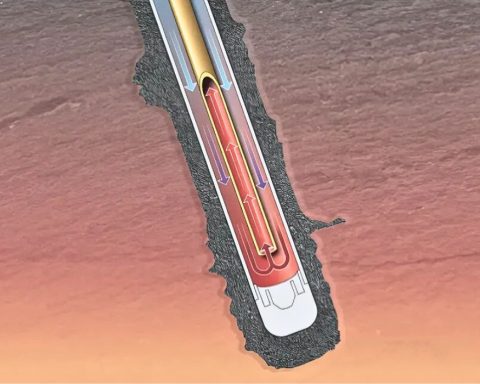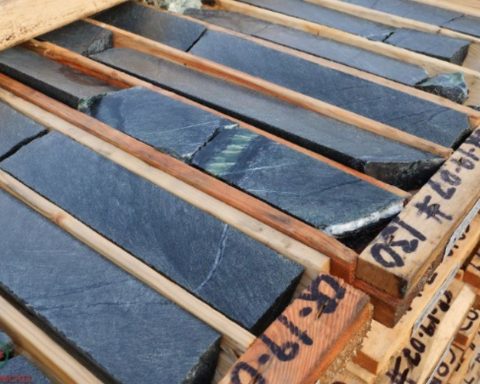Fast food restaurants can only do so much to cut calories from their sandwiches. But with energy consumption 10 times greater than average commercial buildings, they can always do more to reduce their kilowatt-hours and fuel use.
That’s what executives at Arby’s Restaurant Group figured out in 2012 when they reviewed yearly expenditures and saw that electricity and water were some of the sandwich chain’s biggest controllable expenses. But even with that knowledge, the company had no comprehensive plan to reduce resource consumption across its hundreds of company-owned restaurants. Executives on the financial side of the business were talking a different language than the employees managing the stores.
That’s when Arby’s turned to Ecova, a sustainability software and services company, to help bridge the gap.
Based in Spokane, Washington, Ecova has become one of the leading software providers for monitoring electricity use, water consumption, recycling programs and carbon emissions. The company was founded in 1995 with a simple utility bill management tool to help corporate customers navigate deregulated electricity markets in the United States. Over the years, it has expanded into nearly every offering related to corporate sustainability and resource efficiency.
When Arby’s approached Ecova, it was in need of a corporate-wide strategy, not just a one-off efficiency upgrade at a few outlets. The restaurant chain initially started tracking billing data in 2009. But as Ecova analyzed consumption patterns over the proceeding years, it was able to uncover $5.5 million in annual savings opportunities across Arby’s portfolio of buildings.
That granular data helped Ecova’s service team identify equipment scheduling adjustments and retrofits, water conservation opportunities and encourage employee behaviour changes. As the restaurant-level changes were initiated, the software was used to communicate savings to employees, as well as show executives the company-wide impact of the initiative.
It “led to broad organizational understanding of energy management opportunities,” said Scott Boatwright, Arby’s senior vice-president of operations. This resulted in resource productivity efforts becoming fully funded within the company.
By mid-2014, Arby’s had cut its energy consumption by nearly 8 per cent and is on target to achieve 15 per cent savings by the end of 2015. It also cut enough water to fill 115 Olympic-sized swimming pools.
Ecova has delivered similar results for numerous resource-hungry food service companies, including Cheesecake Factory, California Pizza Kitchen, Domino’s Pizza, and Jack in the Box. Along with saving energy and water, Ecova has helped food chains cut food waste by up to 20 per cent.
But it’s not just the restaurant industry. Ecova has accumulated 700 customers, including one-quarter of corporations on the Fortune 500 list that are looking at resource productivity more holistically. With a billion data points being processed each day, the company now claims to have a near-complete picture of resource consumption in 10 per cent of commercial and industrial buildings.
Ecova’s expansion from tracking utility bills to analyzing a broad range of sustainability metrics came amidst a stark change in the software market. Over the past five years, many vendors have strayed from “sustainability” and have chosen much more targeted offerings, such as HVAC optimization, demand response and real-time energy monitoring. For example, there are over 200 companies now offering different variations of energy monitoring software in North America.
However, Ecova has chosen to keep a holistic sustainability strategy at its core. In the spring of 2014, it rolled out a new product that blended together all its offerings into a major package, dubbed the Sustainability Management Technology Platform.
“Sustainability metrics have definitely changed over the years. A big one is that we’re actually seeing a broadening of the metrics that clients are looking for, and they’re asking us to tie them together,” said Indigo Teiwes, Ecova’s senior manager of strategy and program management. “Managing costs and the environmental footprint are tied to one another. It’s not a silo.”
Some software companies are choosing the straight energy route – in other words, the silo. Others, like Ecova, believe that more holistic offerings are what the market will increasingly demand. So far it’s right.
Click here to view our complete Tech Savvy series.







